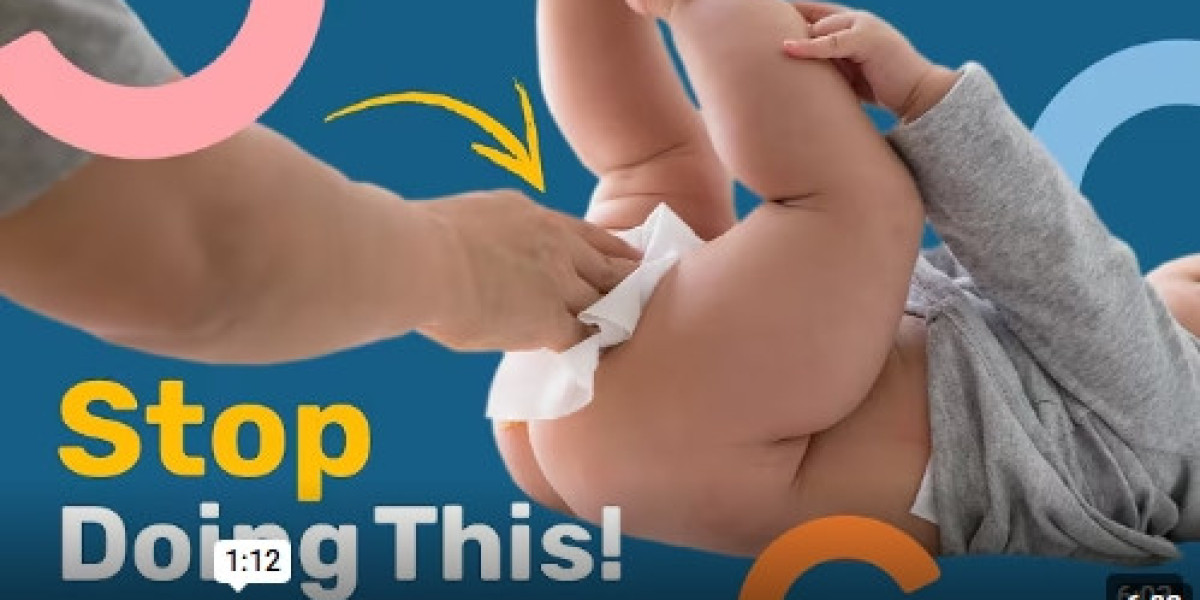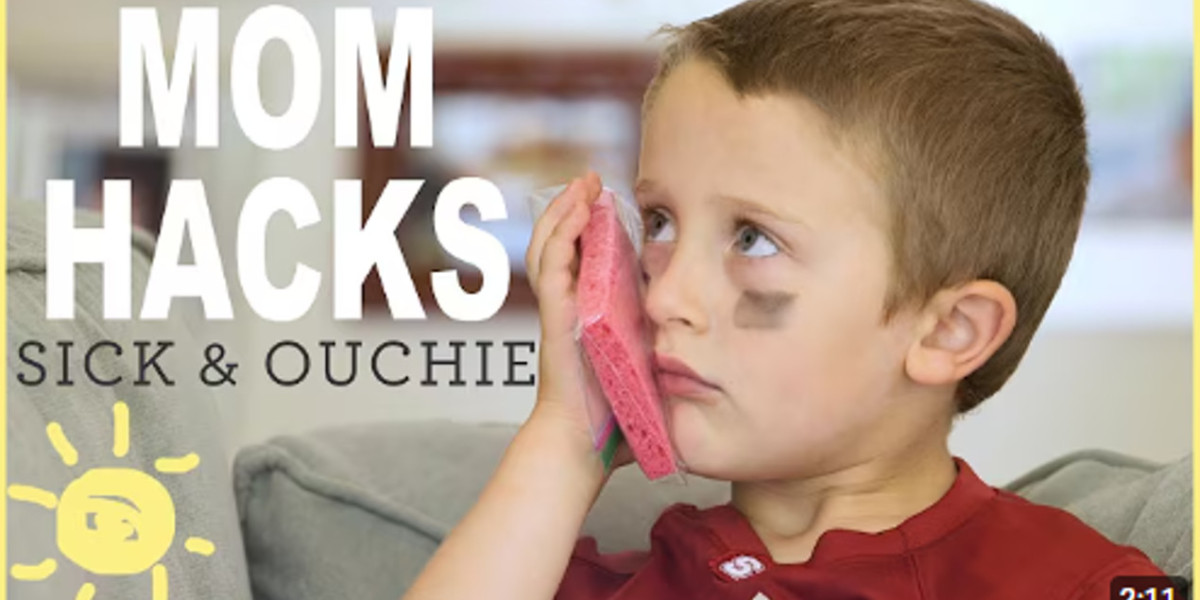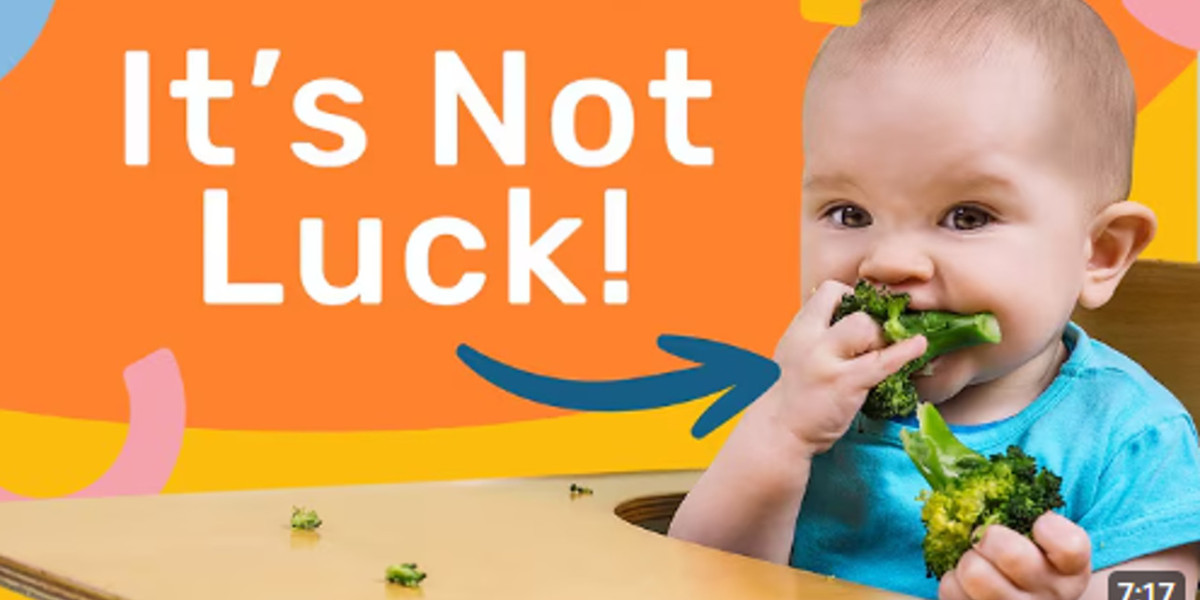Discover postsExplore captivating content and diverse perspectives on our Discover page. Uncover fresh ideas and engage in meaningful conversations
7 Essential New Parent Hacks for Baby Bliss | #new Parent Hacks
Teen who thought headache was hangover died after taking contraceptive pill | #contraceptive pill
MOM HACKS ℠ | Sick & Ouchie! (Ep.8) | #mom HACKS











